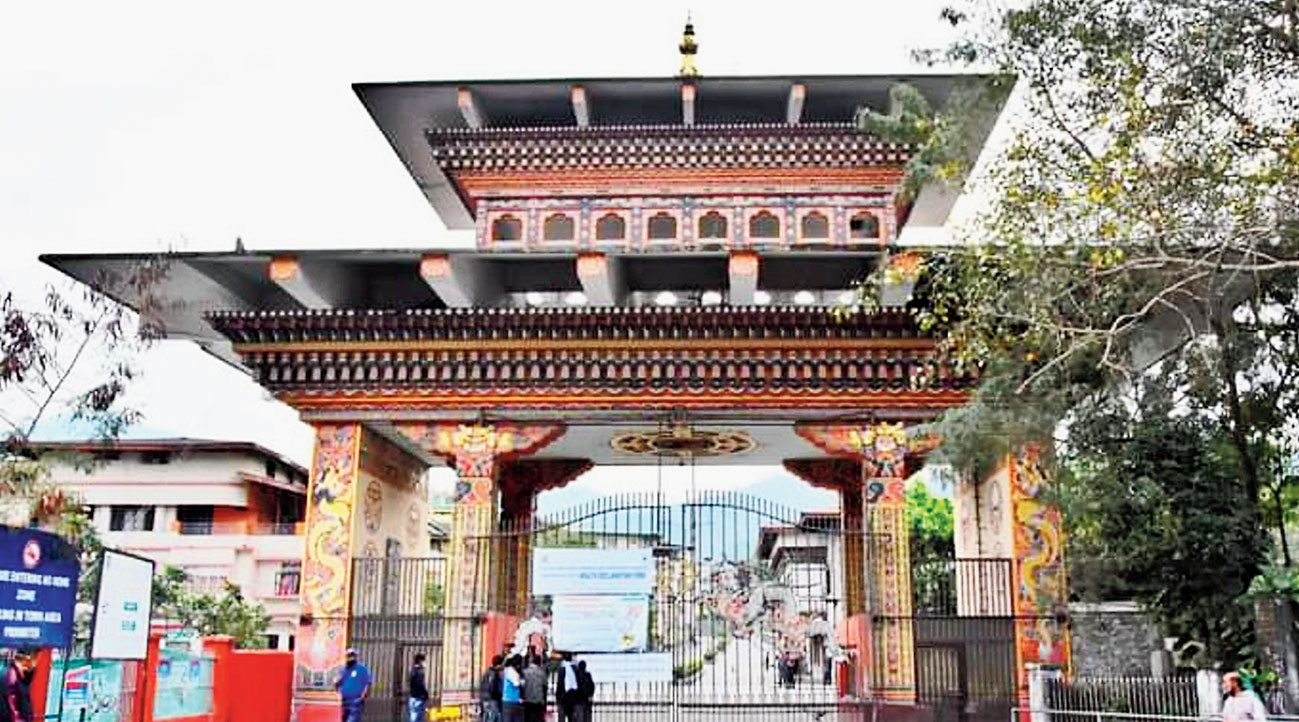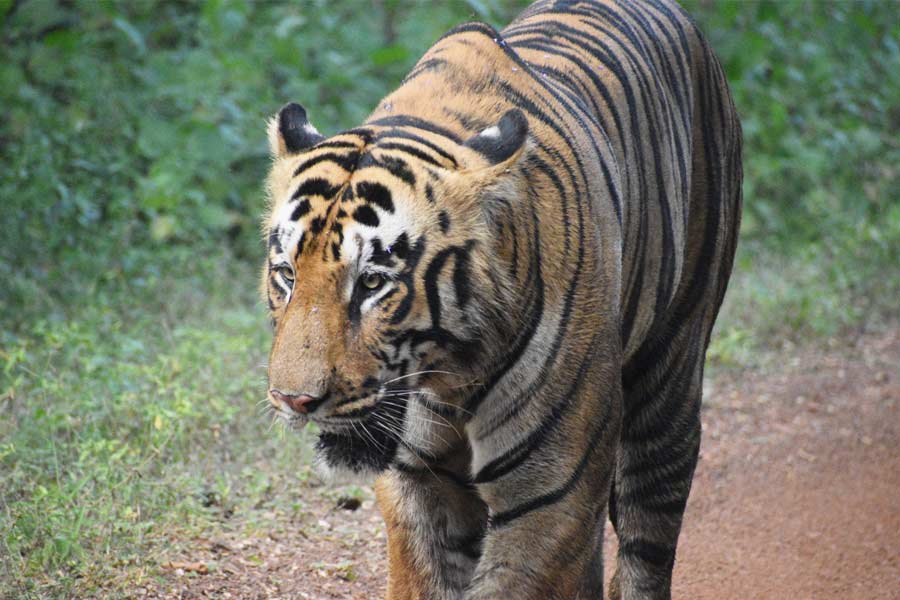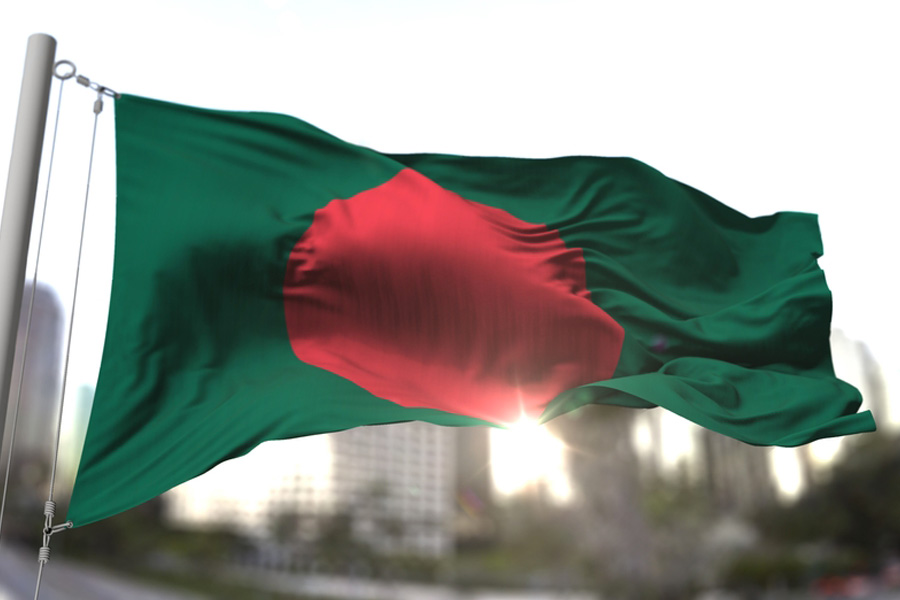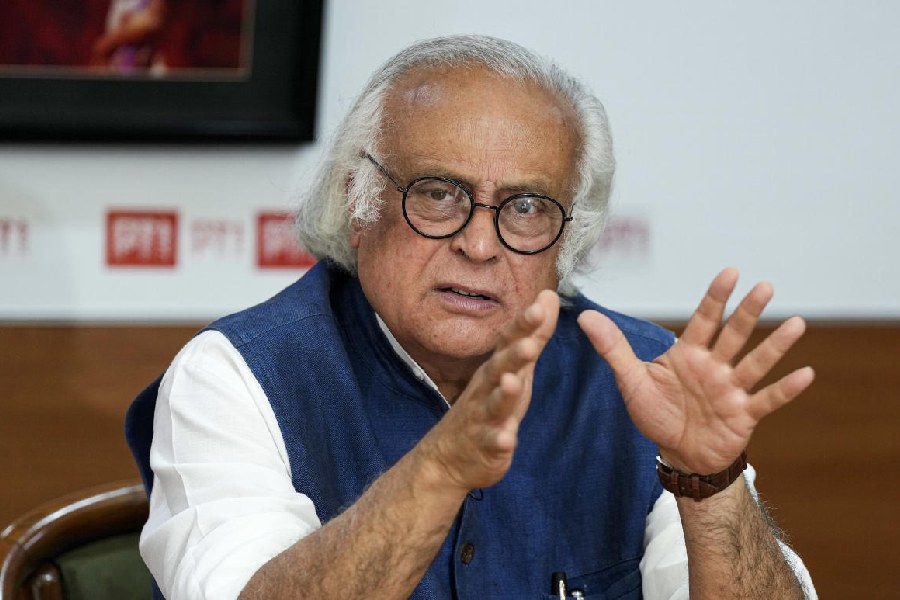The Bhutan government is set to open its land borders for foreign tourists on September 23 along with a new tourism policy to keep carbon footprints in the Himalayan kingdom under control.
The entry of tourists into Bhutan had been stopped since 2020 when the country began reporting Covid-19 cases. The government later allowed international travelers to fly into Bhutan but they had to be been in quarantine for 14 days, which was later reduced to five days.
“The kingdom of Bhutan will be reopening its borders for tourists from September 23, 2022. But it will do so with a renewed focus on the sustainability of the sector,” said a release issued by the tourism council of Bhutan on Wednesday.
A few days back, the Bhutan government adopted a new tourism levy policy, which was passed in the National Assembly. Under the policy, any international tourist visiting the country will have to pay a sustainable development fee (SDF) of $200 per day.
Earlier, the SDF was $65 for international tourists, barring residents of India, Bangladesh and Maldives. In July 2020, the Bhutan government had introduced a similar fee for residents of these three countries. It was decided that they would have to pay Rs 1,200 per day.
“Even in the new policy, Indian nationals have been exempted. They will continue to pay the stipulated fee, which will be revised at a later date. However, there is no such mention about residents of Bangladesh and Maldives,” said a travel operator in Siliguri who sends tourists to Bhutan.
For international tourists (other than Indians), the Bhutan government has also come up with another change in its new policy.
Earlier, there was a minimum daily package rate (MDPR) for such tourists. It was $250 during peak seasons (for six months) and $200 during lean months. It included accommodation, meals, transfers and also the SDF of $65.
“The MDPR would be removed. This will help the tourists to plan their trips in a more flexible manner and they can pay as per their trips to the service providers,” said a source.
The new policy has evoked mixed reactions from stakeholders of the tourism industry based in north Bengal.
“We understand that the decision has been made to ensure that Bhutan continues to be a carbon-negative country. But we believe it would increase the costs of a trip to the country, especially for non-Indians, and might affect the inflow of tourists to Bhutan,” said Samrat Sanyal, general secretary, Himalayan Hospitality & Tourism Development Network.










